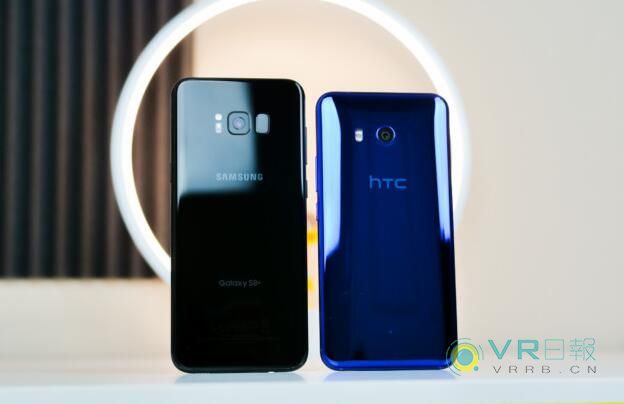
Seoul – According to analysts from South Korea’s Daishin Securities, Google has no plans to restart smartphone manufacturing. The recent acquisition of HTC’s mobile phone business is unlikely to affect Samsung, one of the leading players in the global market.
The local securities firm noted that Google, as a dominant search engine company, is not expected to continue its expansion into the smartphone sector. This move, which includes acquiring HTC's 2,000 employees and paying $1.1 billion for its mobile division, does not pose a threat to Samsung Electronics, according to the analysts.
Google officially announced the deal on Thursday, signaling a strategic shift rather than a full return to hardware production. This is not the first time the tech giant has acquired a phone manufacturer — it bought Motorola in 2011 but sold it to Lenovo just three years later.
Park Jang-ho, an analyst at Daishin Securities, stated, “This acquisition won’t have a major impact on Samsung because Google is unlikely to re-enter the smartphone market.†He added that with the smartphone industry maturing, the dominance of Apple and Samsung is hard to challenge. New entrants in this space have little chance of success.
This year’s smartphone market is expected to grow by only 5%, with Apple, Samsung, and Huawei dominating the landscape. Together, these three companies hold 40% of the market share. Meanwhile, HTC, once a major player before 2010, now holds just 0.7% of the market, ranking it 30th globally.
Analysts believe Google is not aiming to compete directly in the crowded smartphone arena. Instead, the company is focusing on new opportunities like virtual reality (VR), augmented reality (AR), smart homes, and autonomous driving — all areas where it can integrate with mobile devices.
Park explained, “Through this acquisition, Google wants to ensure it can continue developing key technologies such as VR, AR, and self-driving cars in the future.â€
Meanwhile, competitors like Apple and Samsung are also expanding their reach. Apple recently launched the iPhone X with AR capabilities and released the AR Kit for developers in iOS 11. Samsung, too, is investing heavily in smart home technology, VR, and autonomous driving, aiming to create a seamless ecosystem around its smartphones.
As the tech industry evolves, the race is no longer just about selling phones — it's about building integrated platforms that span multiple devices and services. And while Google may be stepping back from direct competition, it’s clearly looking ahead to the next big innovations.
Aluminum Frame LV 3PH Asynchronous Motor
Aluminum Frame Lv 3Ph Asynchronous Motor,Three-Phase Asynchronous Motor,3 Phase Asynchronous Induction Motor,Aluminum Frame Three Induction Motor
Yizheng Beide Material Co., Ltd. , https://www.beidevendor.com